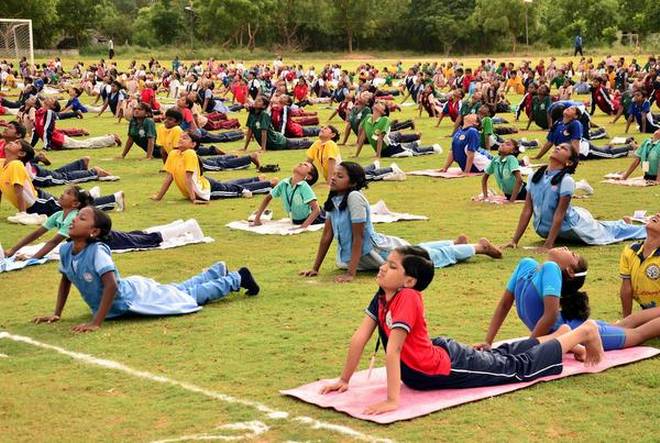
Exercising and staying fit is, of course, important for living a long and healthy life. However, almost 1 in 10 premature deaths worldwide are attributed to physical inactivity.
In the United States, around 80 percent of adults do not meet the recommended levels of exercise, despite the efforts of media, school, and workplace programs.
Although the struggle to get people moving is ongoing, over recent years, another important factor has come to the fore: our perception of our own activity levels.
Think yourself fit
Our perceived activity levels may not reflect our actual activity levels. In fact, study author Octavia Zahrt, Ph.D., says, “If you live in an area where most of your peers are really fit, you might perceive yourself as relatively inactive, even though your exercise may be sufficient.”
“Or, if you believe that only running or working out at the gym count as real exercise, you may overlook the exercise you are getting at work or at home cleaning and carrying kids around.”
A study conducted in 2007 by Dr. Alia Crum (also involved in the present research), of Stanford University in California, illustrates this surprising psychological interaction.
That study concentrated on 87 hotel room attendants working across seven hotels. Each of the participants routinely met exercise guidelines, purely through the work that they carried out each day at their respective hotel.
The researchers conducted a 20-minute intervention: in a nutshell, they informed an experimental group of workers that they were all were meeting their daily exercise needs through their physical jobs, explaining the benefits of such an active lifestyle. A control group of hotel workers were given information about recommended exercise levels but were not informed that they routinely met the required physical activity levels.
After 4 weeks, when the two groups were compared, the experimental group showed a decreasein blood pressure, weight, body fat, body mass index (BMI), and waist-to-hip ratio.
These results seem nothing short of incredible: a psychological intervention with the ability to change physiology for the better.










